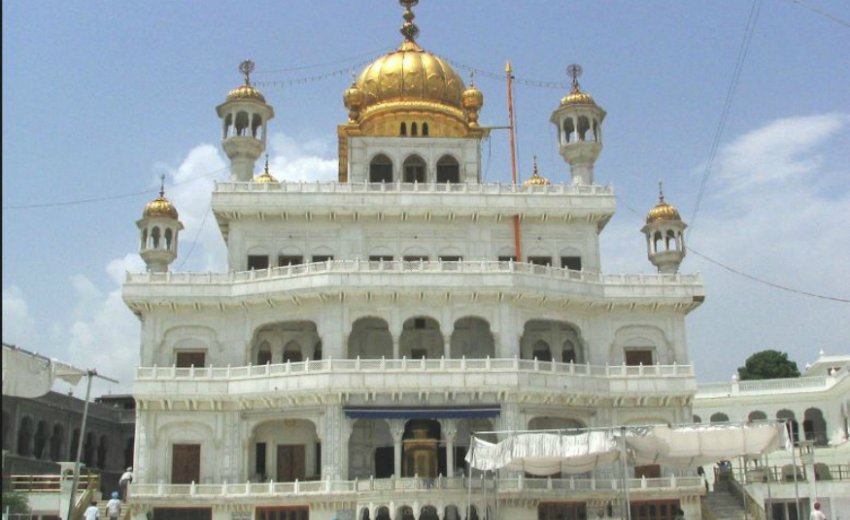Giani Harpreet Singh, the acting Jathedar of the Akal Takht, has proposed changes in the Sikh Gurdwaras Act, of 1925. Harpreet Singh said, “It’s time the Sikh Gurdwaras Act, 1925 gets amended for the better future of the Sikh community.”
Sikh Gurudwaras Act 1925
Sikh Gurdwaras Act, legislation passed unanimously by the Punjab legislative council in July 1925 to resolve a controversy within the Sikh community that had embroiled it with the British government. There was controversy over a reform movement called Shiromani Gurdwara Prabandhak Committee (“Committee of Shrine Management”) that sought to remove hereditary mahants (guardians) from Sikh gurdwaras (temples), who were diverting temple revenues to their private pockets.
The outrage at Nankana Sahib (now in Pakistan), where several demonstrators were confined inside a gurdwara and burned to death, fueled the controversy. Because the mahants had obtained customary proprietary rights during the pre-British era, protest processions were organized, and the government was involved. The act, which was created with the assistance of the British governor Sir Malcolm Hailey, set up a central Sikh board that was chosen by the people and represented the Sikh community. Sikh shrines and mahants were placed under the board’s control, to ensure that religious property was used solely for religious reasons and that regular Sikh worship was upheld.
Giani Harpreet Singh on the Sikh Gurdwaras Act
Giani Harpreet Singh, also Jathedar at Talwandi Sabo in Bathinda, a Sikh temporal seat, said, "The Indian Constitution entered into force in 1950 and the Parliament has amended it many times since then."Similarly, the Gurdwara Act was framed in 1925 and similar amendments should have been incorporated into it after consulting various Sikh scholars and intellectuals. But it hasn’t happened till now.”
He stated that “It is necessary for the Shiromani Gurdwara Prabandhak Committee (SGPC) to emerge as an even larger and better organization of the Sikhs on a global stage.”
A one-day workshop organized by the Guru Gobind Singh Study Circle in Ludhiana echoed similar sentiments. In addition to Harpreet Singh, eminent Sikh scholars attended the seminar, including Sardara Singh Johal, Dr. SP Singh, Dr. Khem Singh Gill, Dr. Balkar Singh, and Dr (Lt. Col.) GPI Singh, Vice-Chancellor of Adesh University, Bathinda.
In the workshop, Sikh scholars talked about issues including "how to sustain the importance, dignity, and reverence of the Akal Takht" and "agendas of the SGPC in the context of Sikh diaspora and globalization." Experts said that Akal Takht’s supremacy was in danger and it should be politically free.
When asked if he will discuss the proposals made during the workshop with the Singh Sahibaans or the SGPC president, Harpreet Singh responded in the negative and said, "As of now, just thoughts have been shared." Harpreet Singh, who is also pursuing a Ph.D. from the department of religious studies at the Punjabi University said, "These are my own opinions, and I have only brought them before the experts."
The SGPC
The Gurdwara Act passed way back in 1925, paved the way for the formation of the Shiromani Gurdwara Prabandhak Committee with the aim of reformation of Sikh religious places. In India, the Shiromani Gurdwara Parbandhak Committee (Supreme Gurdwara Management Committee) manages nearly 200 historic shrines in Punjab, Haryana, Himachal Pradesh, and Chandigarh, as well as the Darbar Sahib in Amritsar. The SGPC is headed by a president. Apart from managing security, finances, facility maintenance, and religious aspects of Gurdwaras, the SGPC also keeps archaeologically rare and sacred artifacts such as weapons, clothes, books, and writings of the Gurus.
*Based on an article on News18-Published January 30,2019
